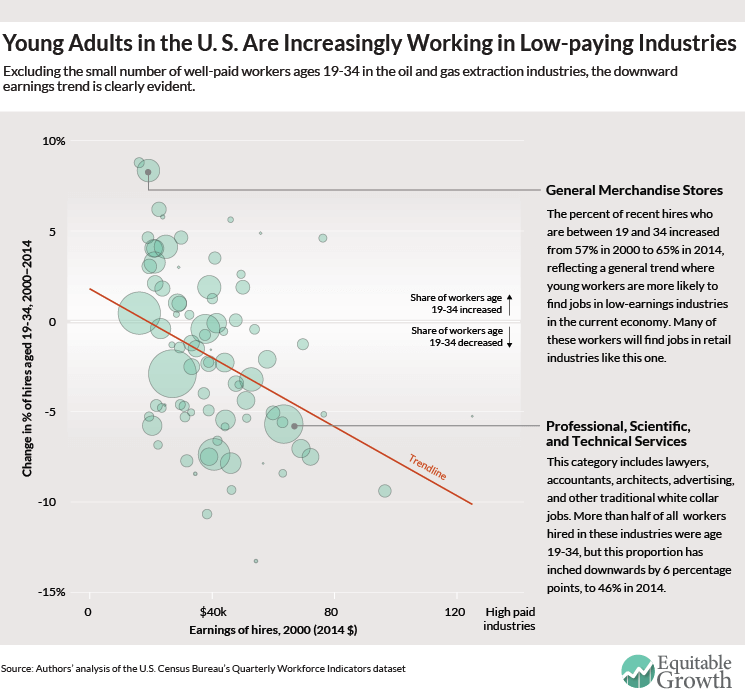Today, in 2016, Raghu Rajan thinks helicopter drops are “a step too far into the dark…”
His predecessor 83 years ago at the University of Chicago, Jacob Viner, thought they were one of the obvious technocratic steps to take, along with further raising the monetary base (i.e., in his day going off of the gold standard) even with short-term safe nominal interest rates at the zero lower bound (as they also were in his day).
Here’s Raghu:
Raghuram Rajan 2016): “If you read the writings of economists…
…it is not clear what’s keeping us still so slow, seven or eight years after the crisis. Ken Rogoff would say it is still the debt overhang and the deleveraging. [Robert] Gordon and others might say it is low productivity and still others may say it is the poorly understood consequences of population aging. But what do we do? And here I think there is more of a consensus that monetary policy pretty much has run its course. There are still guys who are looking for helicopter drops of money but I think that is a step sort of too far into the dark, where I am not sure there is a political consensus to do that in the major economies, if it comes to that…
Here’s Jacob:
Jacob Viner (1933): Balanced Deflation, Inflation, or More Deflation: “If going off the gold standard were as simple a matter for us…
…as for England and Canada, I would not only advocate it, but if [it]… did not suffice to lower substantially the internal purchasing power of the dollar I would recommend its accompaniment by increased government expenditures financed by the printing press or by loans…. England and… the other countries which went off the gold standard in 1931… [made] too restrained use of the freedom which the departure from the gold standard gave them them…. The countries that went off the gold standard have nevertheless weathered the economic storm much better…
We all agree that economies today are “so slow” and inflation pressures are by and large absent. What does Raghu think he knows today that Jacob did not–what have we learned in the past 83 years–that has turned helicopter drops from an obvious technocratic step to take to “a step too far into the dark”? What did Jacob think he knew that Raghu does not–what doctrines, true, false, or uncertain–because we have forgotten them?
Anyone? Anyone? Bueller?



